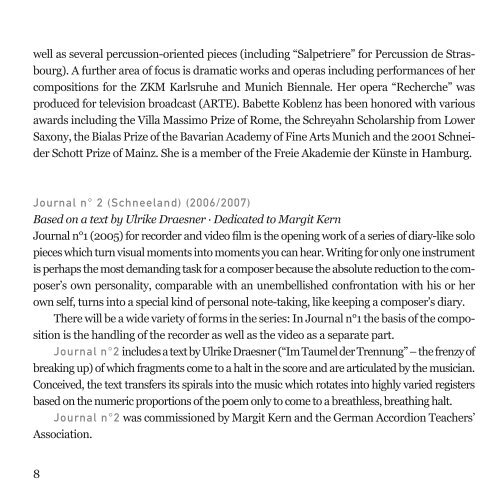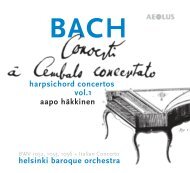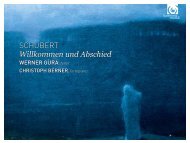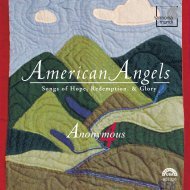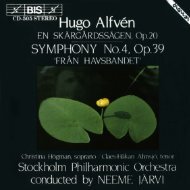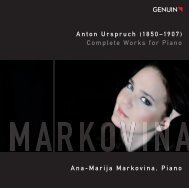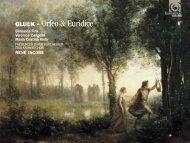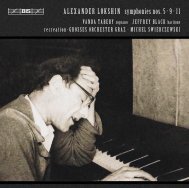Mirror – New Music for Accordion - eClassical
Mirror – New Music for Accordion - eClassical
Mirror – New Music for Accordion - eClassical
Erfolgreiche ePaper selbst erstellen
Machen Sie aus Ihren PDF Publikationen ein blätterbares Flipbook mit unserer einzigartigen Google optimierten e-Paper Software.
well as several percussion-oriented pieces (including “Salpetriere” <strong>for</strong> Percussion de Strasbourg).<br />
A further area of focus is dramatic works and operas including per<strong>for</strong>mances of her<br />
compositions <strong>for</strong> the ZKM Karlsruhe and Munich Biennale. Her opera “Recherche” was<br />
produced <strong>for</strong> television broadcast (ARTE). Babette Koblenz has been honored with various<br />
awards including the Villa Massimo Prize of Rome, the Schreyahn Scholarship from Lower<br />
Saxony, the Bialas Prize of the Bavarian Academy of Fine Arts Munich and the 2001 Schneider<br />
Schott Prize of Mainz. She is a member of the Freie Akademie der Künste in Hamburg.<br />
Journal n° 2 (Schneeland) (2006/2007)<br />
Based on a text by Ulrike Draesner · Dedicated to Margit Kern<br />
Journal n°1 (2005) <strong>for</strong> recorder and video film is the opening work of a series of diary-like solo<br />
pieces which turn visual moments into moments you can hear. Writing <strong>for</strong> only one instrument<br />
is perhaps the most demanding task <strong>for</strong> a composer because the absolute reduction to the composer’s<br />
own personality, comparable with an unembellished confrontation with his or her<br />
own self, turns into a special kind of personal note-taking, like keeping a composer’s diary.<br />
There will be a wide variety of <strong>for</strong>ms in the series: In Journal n°1 the basis of the composition<br />
is the handling of the recorder as well as the video as a separate part.<br />
Journal n°2 includes a text by Ulrike Draesner (“Im Taumel der Trennung” <strong>–</strong> the frenzy of<br />
breaking up) of which fragments come to a halt in the score and are articulated by the musician.<br />
Conceived, the text transfers its spirals into the music which rotates into highly varied registers<br />
based on the numeric proportions of the poem only to come to a breathless, breathing halt.<br />
Journal n°2 was commissioned by Margit Kern and the German <strong>Accordion</strong> Teachers’<br />
Association.<br />
Born in Dessau in 1964, from 1983 to 1987 Annette Schlünz studied composition with<br />
U. Zimmermann, harmony with W. Krätzschmar as well as piano and conducting at the<br />
Dresden Musikhochschule. She also studied with P.-H. Dittrich as a master class student<br />
at the Akademie der Künste Berlin until 1991. From 1987 to 1992 Annette Schlünz worked<br />
at the Dresdner Zentrum für zeitgenössische Musik and worked on international projects<br />
until 2006. She has composed chamber and symphonic music, electronic music and three<br />
operas. She has frequently been invited by the Goethe Institute to give composition courses<br />
abroad, and in 2009 was a visiting professor at the Weimar Musikhochschule. She regularly<br />
lectures at the Komponistenklasse Sachsen-Anhalt and currently teaches organology<br />
at the University of Strasbourg as well as composition at the Strasbourg Conservatory. She<br />
has been awarded the Eisler Prize and the Heidelberg Woman Artists Prize and has been a<br />
scholarship recipient of Villa Massimo Rome, Schloss Solitude Stuttgart, at die Höge near<br />
Bremen, the Künstlerhof Schreyahn and was at the GRAME Lyon electronic music studio<br />
several times. Annette Schlünz is a member of the Saxon Academy of Fine Arts and the Freie<br />
Akademie der Künste in Hamburg. She is a freelance artist and divides her time between<br />
southern Germany and France.<br />
Zwischenträume (2008)<br />
Commissioned by Deutschlandfunk Köln <strong>for</strong> the Forum Neue Musik 2008<br />
Dedicated to Margit Kern<br />
Zwischenträume (Interposed Dreams) is politically motivated. The composer was reflecting<br />
on power and exerting power as well as on the dualism of war and peace. In addition<br />
to these two related concepts, she also made associations with collecting and letting go, and<br />
8 9


